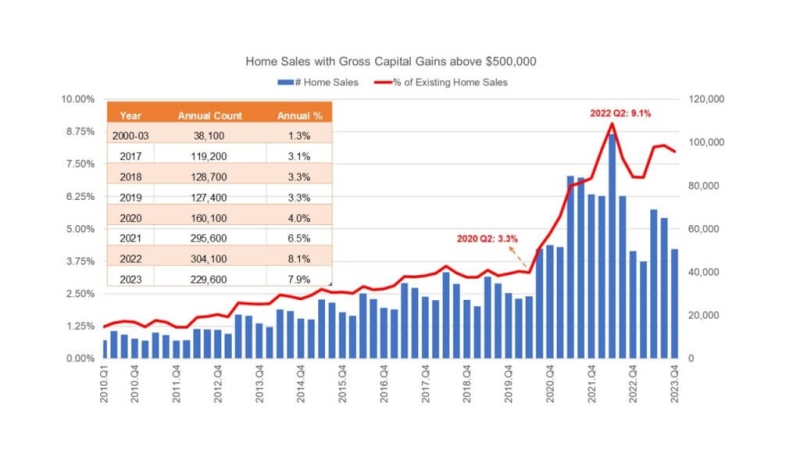Advertisement
HUD Finalizes Standards for LO Licensing and Registration Under the SAFE Act

The U.S. Department of Housing & Urban Development (HUD) has announced publication of a final rule setting the minimum standards that states must meet to comply with the Secure and Fair Enforcement for Mortgage Licensing Act of 2008 (SAFE Act) in licensing mortgage loan originators (LOs). "The SAFE Act sets nationwide standards for licensing of mortgage loan originators and is an important step in returning integrity and accountability to the residential mortgage loan market,” said Acting Federal Housing Administration (FHA) Commissioner Robert Ryan. “All 50 states, the District of Columbia, Puerto Rico, Guam, and the Virgin Islands have enacted legislation to support this law and our final rule provides clarification of the minimum standards against which each state’s laws and regulations will be evaluated.”
While states are charged with enacting licensing standards that meet the requirements of the SAFE Act, overall responsibility for interpretation, implementation, and compliance was delegated to HUD. However, the Act was amended by the Dodd-Frank Wall Street Reform and Consumer Protection Act, and the authorities and duties delegated to HUD by the SAFE Act will be transferred on July 21, 2011, to the new Consumer Financial Protection Bureau (CFPB) established by the Dodd-Frank Act.
The final rule explains the criteria that will be used to determine whether a state has put in place a system for licensing and registering mortgage loan originators as required by the SAFE Act. The rule does so by clarifying the meaning of “engaging in the business of a loan originator,” which determines whether an individual must be licensed, and the rule also provides that certain activities do not amount to engaging in the business of a loan originator.
The rule further clarifies that employees of government agencies and bona fide nonprofit organizations who act as loan originators only as part of their duties do not engage in the business of a loan originator and do not require licensure by states.
The final rule does not define the terms of “loan originator” or “business of a mortgage loan originator” to include individuals who only engage in loan modifications or are third-party loan modification specialists. Instead, HUD defers to the CFPB the issue of whether such individuals should be licensed under the SAFE Act, or should otherwise be regulated under other CFPB regulatory authority.
The SAFE Act was enacted into law on July 30, 2008, as part of the Housing and Economic Recovery Act of 2008 (HERA). It is designed to enhance consumer protection and reduce fraud by establishing minimum standards for the licensing and registration of state-licensed mortgage loan originators. SAFE also mandates the creation of a Nationwide Mortgage Licensing System (NMLS), and encourages all states to provide for a licensing and regulatory regime for all residential mortgage loan originators.
To comply with the Act, states have put in place statutory and regulatory frameworks that require originators to take initial and continuing education courses, pass a test, and undergo civil, criminal and financial background checks. In any state that fails to have in place a licensing system that meets the minimum requirements, mortgage loan originators may be required to be licensed under a federal program.
HUD received more than 5,000 comments on its proposal that led to this final rule. Though minimum standards have been established and clarified, States have the right to enact additional legislation and rules, and to take actions that exceed the federal SAFE Act minimum requirements.
About the author





